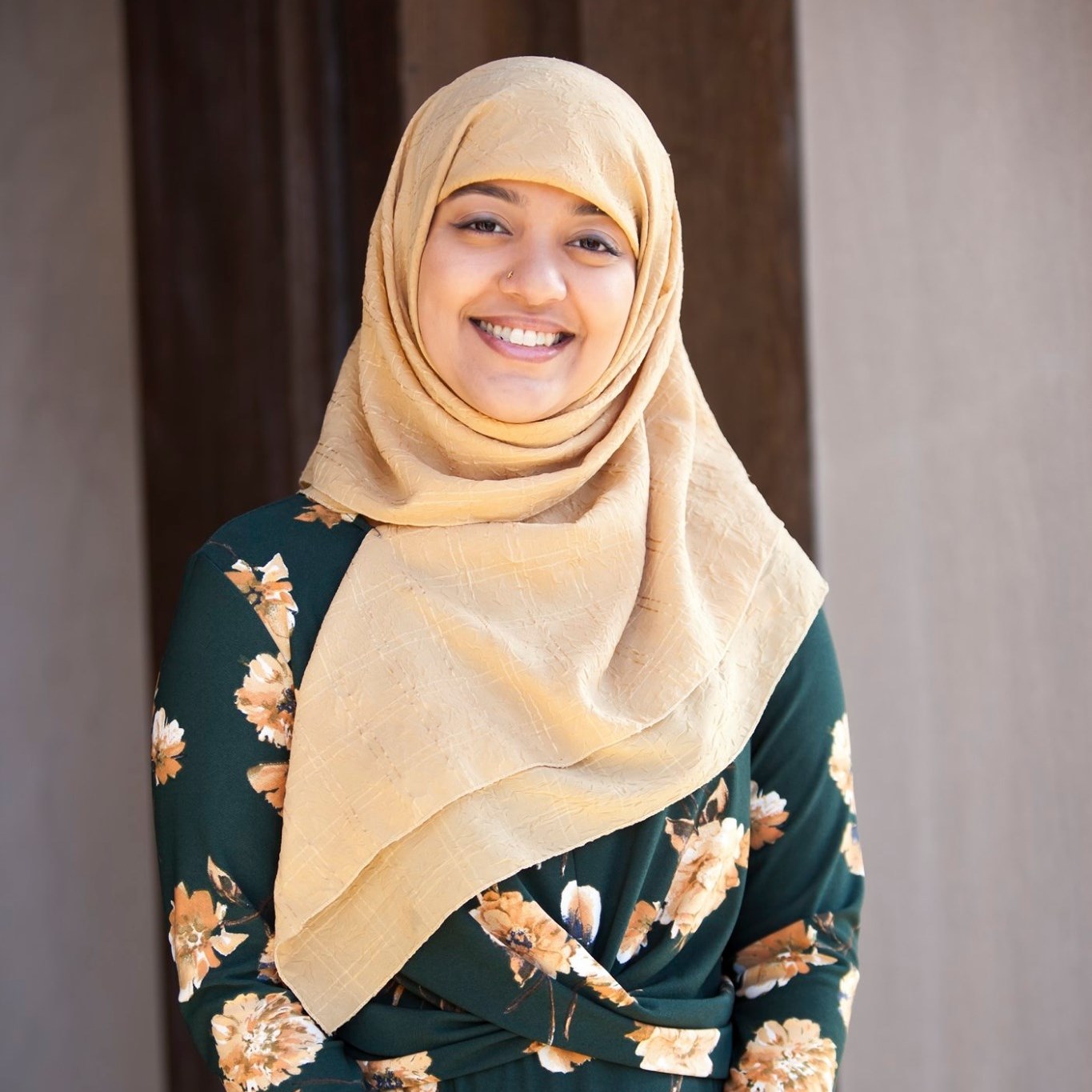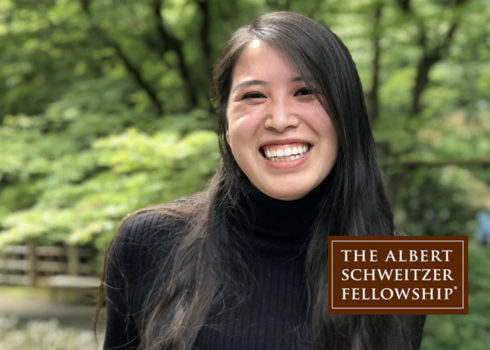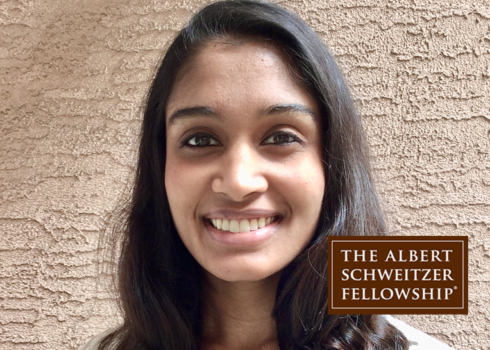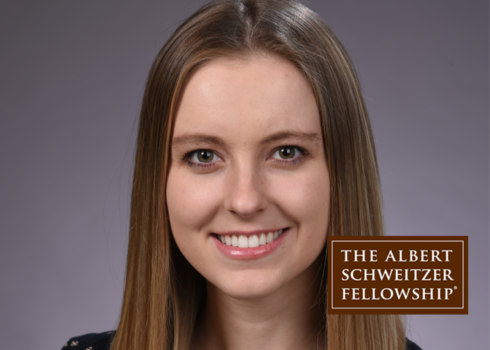Our collective mission to advance the health of the public has been fundamental to the advancement and prosperity of families in our region. In 2015, Southwestern Medical Foundation joined with the Dallas-Fort Worth Schweitzer Fellowship Program (ASF) to bring the innovative service and leadership program to medical and graduate students in the Dallas-Fort Worth area. The Fellowship aims to address local health disparities and the social determinants of health while developing future leaders. It was coined as a nod to the renowned physician-humanitarian and health care hero, Dr. Albert Schweitzer, who continues to inspire the legacy of community service through health care. 2021 Fellow, Nusaiba Chowdhury hopes to carry on this legacy through a project that provides refugee assistance and education.
We had the opportunity to discuss the inspiring work of some of this year’s DFW Albert Schweitzer Fellows, who continue the spirit of Dr. Albert Schweitzer by investing in our region’s health.
An Interview with Nusaiba Chowdhury: Refugee Assistance and Education

Q: Can you tell us a little bit about your background and what has led up to this moment in your career?
A: I have worked with refugees since January 2013 when I was placed as an intern with International Services Center (now USCRI-Cleveland) and immediately wanted to continue working with them after I completed my undergraduate program. During my Master of Public Health capstone, I worked with Us Together, Inc., a refugee resettlement agency created by refugees for refugees. My time there cemented my wish to work with refugees as part of my dissertation project in medical anthropology, so the ASF was the perfect opportunity to utilize my public health and anthropological training to create a program that was asked for by refugees themselves.
Q: How will your project provide refugee assistance?
A: I am creating videos on different topics that refugees can watch when they arrive in the United States. These refugee assistance videos will supplement the Cultural Orientation sessions that refugees are required to attend when they first arrive. Having these videos included as a part of their sessions will help educate refugees on important concepts like how reproductive health care works in the U.S. and what mental health means, making it easier for them to access care and utilize services.
Until our systems change, these services are what help provide for the refugees when they arrive in the United States. Philanthropy is really key to building and continuing these projects.
Nusaiba Chowdhury
Q: What does being an Albert Schweitzer Fellow mean to you?
A: Being an Albert Schweitzer Fellow means a great deal to me. The Fellowship provides the financial support that allows me to work on this really important project in partnership with the International Rescue Committee in Dallas. I have the opportunity to create programming that will have a positive impact on others by easing their transitions into the U.S. and providing vital health care resources.
Q: What role do you think philanthropy plays in supporting research and innovation?
A: Philanthropy tackles societal issues. But to do so, it requires research and innovation. In this way, philanthropy, research, and innovation all go hand in hand. Many of the people who I work with utilize different services that cannot exist without philanthropic donors and organizations.
The Legacy of the Albert Schweitzer Fellowship
The philosophy that ASF champions aligns with the principles the Foundation has represented since its founding. Both ASF and the Foundation were established during World War II to develop leaders in service and inspire great citizenship through philanthropy. ASF was founded by Helene Bresslau Schweitzer and Albert Schweitzer in 1940. During the same time period, Southwestern Medical Foundation instituted the Ho Din Award.
Through the Ho Din Award, the highest honor bestowed on a graduating medical student from UT Southwestern, the Foundation has supported students who exemplify knowledge, understanding, and compassion. The Fellowship Program personifies these values, instilling a life-long philosophy of compassionate patient care, and paving the way for better health for all.
The Fellowship is open to students in eight local universities, including Baylor University, Southern Methodist University, Texas Christian University, Texas Woman’s University, University of Dallas, University of Texas at Arlington, University of Texas at Dallas, and UT Southwestern Medical Center.
Learn more about the Foundation’s partnership with the Albert Schweitzer Fellowship



